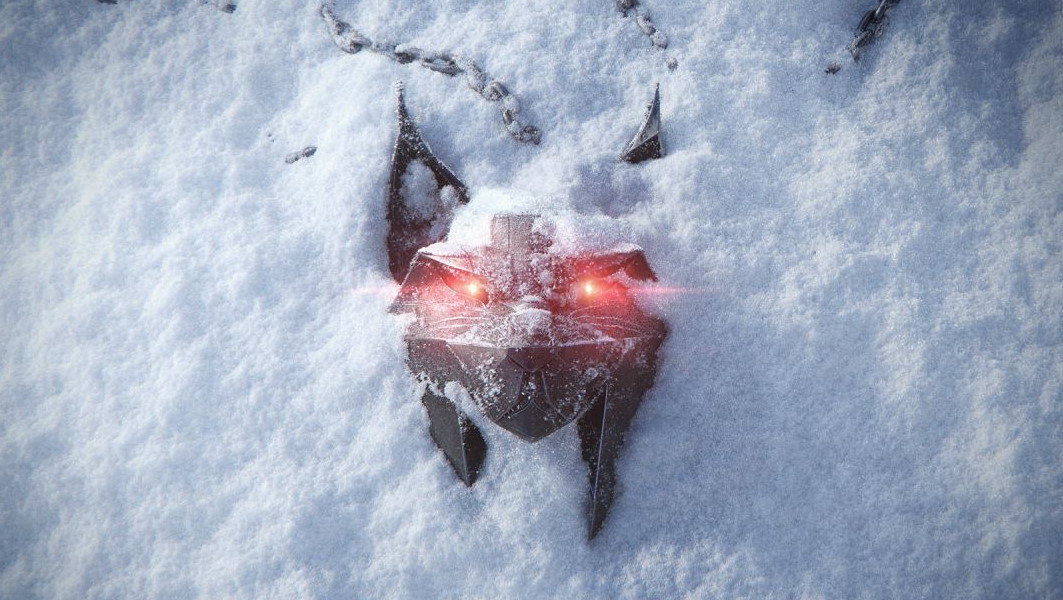CDPR says the Witcher 4 is being 'intensively worked on' but Cyberpunk 2's still in the 'fairly early stages'
"Most managers and most directors who worked on Cyberpunk and Phantom Liberty are on Cyberpunk [2]."

In a new interview with Aftermath CDPR's Pawel Sasko, associate director of the next Cyberpunk game (codenamed Orion, but we'll call it Cyberpunk 2 for now), discussed some of the changes in production the studio's made since the infamously botched Cyberpunk 2077 launch. The crunch in the run-up to release got so intense that some key team members left CDPR shortly after the game's launch, and the then-CEO had to issue an apology to employees after saying the situation was "not that bad."
Sasko speaks to some of the internal changes CDPR has made following these experiences, before talking briefly about the studio's two largest future projects. Sasko says Polaris aka Witcher 4 is currently being "intensively worked on" while the sequel to Cyberpunk 2077 is in the "fairly early stages."
CDPR first announced a project called Polaris in October 2022. In March 2023 the company's then-CEO Adam Kiciński let the cat out of the bag on an earnings call. "We want to release three big Witcher games within six years," said Kiciński at the time, "starting from the release of Polaris, which is Witcher 4."
At the start of 2024, CDPR's joint CEO Adam Badowski said that production would be ramping up, and "we'd like to have around 400 people working on [Polaris] by the middle of the year." That's a big team, but thanks to some 2023 quarterly results we already knew CDPR had around 300 people working on the project last year, so this game has been well and truly underway for a while now.
Cyberpunk 2's being developed across three studios (Boston, Poland, and Vancouver), and "most managers and most directors who worked on Cyberpunk and Phantom Liberty are on Cyberpunk [2],” said Sasko. "We want to make sure that whole DNA is preserved and still in the game."
Sasko also spoke briefly about CDPR's decision, which was not universally popular, to move on from Cyberpunk 2077 after the well-received Phantom Liberty. You can see both sides here. Phantom Liberty marked the end of the game's redemption arc, and is arguably as good an endpoint as Cyberpunk 2077 could've hoped for. On the other hand, players had to wait some time for the game to reach this level of polish and quality, and accept the outright cancellation of things like the multiplayer element.
"When you look at our expansions we have done before, we have Witcher 3, and there was Hearts of Stone, which shipped half a year after release, and then you had Blood and Wine, which shipped a year after release," said Sasko. "Phantom Liberty shipped almost three years after release. A bit less. Working on another expansion would mean years of production again, right?"
Keep up to date with the most important stories and the best deals, as picked by the PC Gamer team.
The developer points out that, while the game may have only been out for around three years by the time of Phantom Liberty, many of the staff working on it had been on Cyberpunk 2077 for "four and a half or five years" before that. "I like the fact that we went into building another game,” said Sasko. "I think it's time to move on... we made sure to give players extra things even in patch 2.1, the metro system, hangouts, so that we gave players what they were asking for. But there is a moment when you know that story has been told and it's time to tell another one."
CDPR certainly has enough new projects to go around. Polaris is not just about the Witcher 4, but a new trilogy of games, with Adam Kiciński in 2022 describing it as "the second Witcher saga". Alongside this there are Project Sirius and Project Canis Majoris, two standalone Witcher projects, then there's Cyberpunk 2 and, as if all that wasn't enough, both the new Witcher games and Cyberpunk are planned to have multiplayer elements. Then there's Hadar, which CDPR has again been talking about for years without really saying much. If that all sounds rather exhausting, spare a thought for the developers.

Rich is a games journalist with 15 years' experience, beginning his career on Edge magazine before working for a wide range of outlets, including Ars Technica, Eurogamer, GamesRadar+, Gamespot, the Guardian, IGN, the New Statesman, Polygon, and Vice. He was the editor of Kotaku UK, the UK arm of Kotaku, for three years before joining PC Gamer. He is the author of a Brief History of Video Games, a full history of the medium, which the Midwest Book Review described as "[a] must-read for serious minded game historians and curious video game connoisseurs alike."

